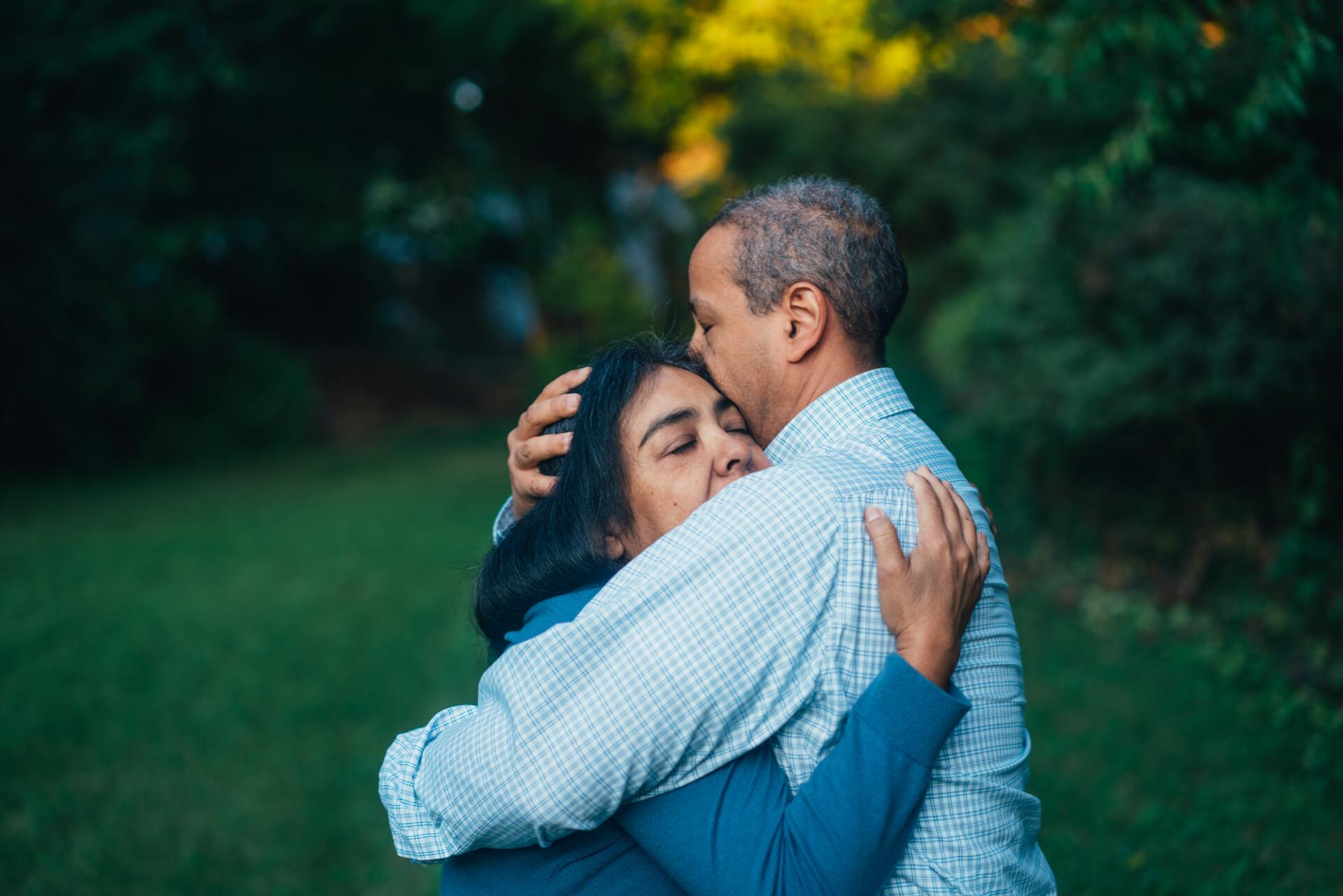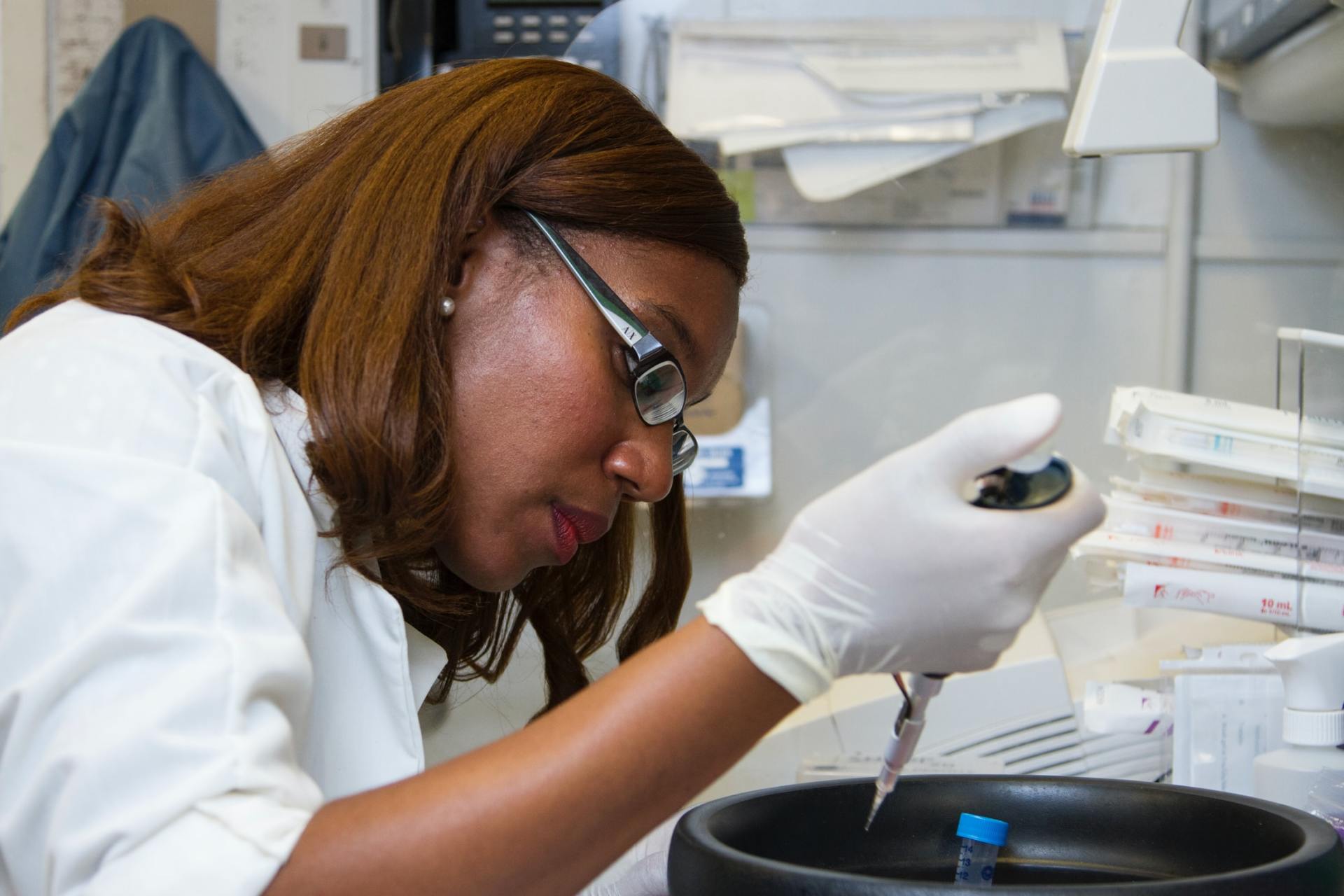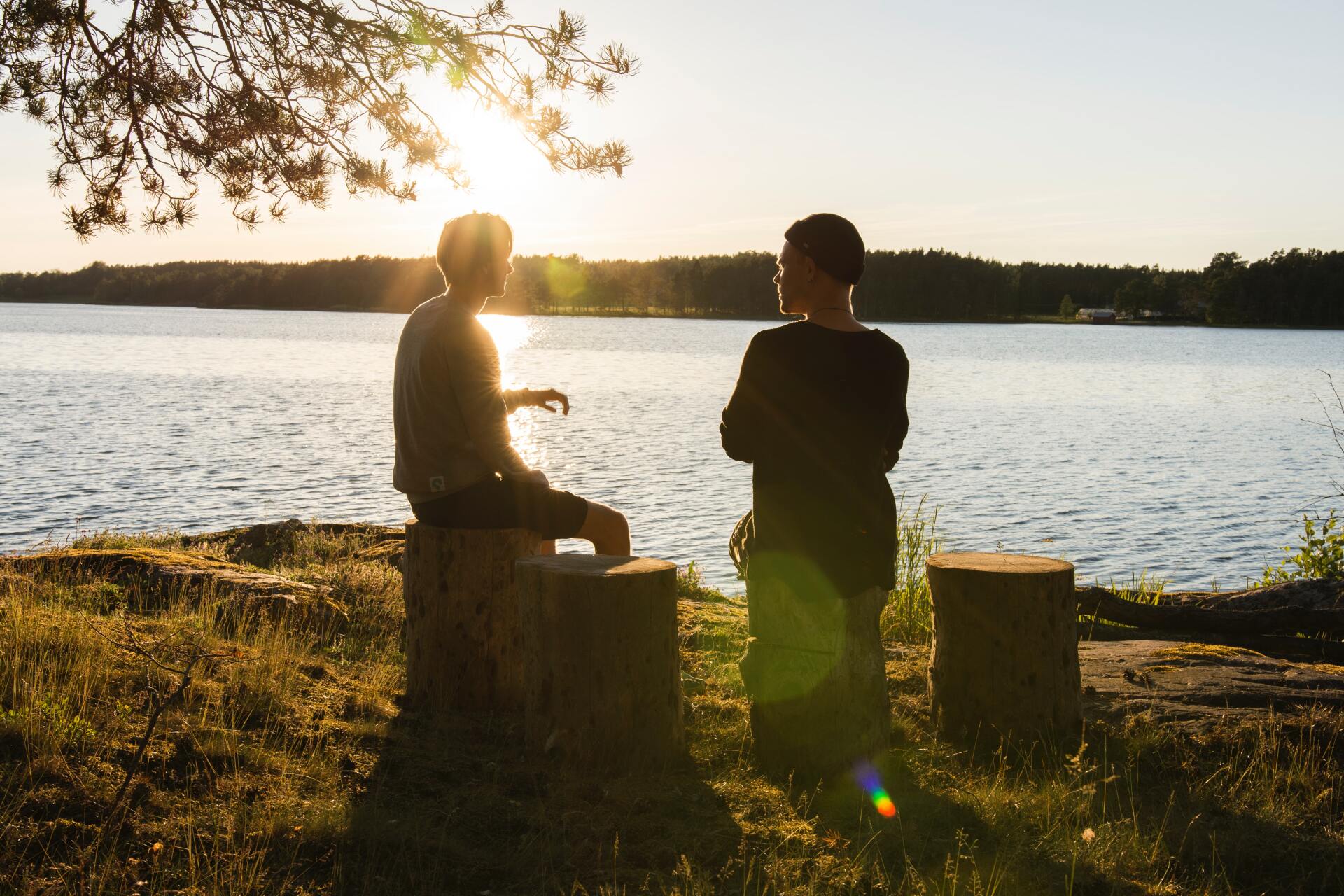An app designed to support cancer patients, ‘thrivers’ and their families and caregivers.
Looking for holistic support
Every week, in my community, I run groups for people living with cancer where we practice mindful yoga together. Some are in limbo from a recent re-diagnosis and preparing for medical treatment, others are in the middle of treatment cycles and recovering from chemo or radiotherapy, or surgery. However, the majority attending are people who have finished active treatment and are “out of the system”, yet they may not be fully “out of the woods” and are looking for gentle support for body and mind.
"I used to be wary of yoga as I thought I’d never be flexible or tuned-in enough to benefit. Since joining the mindful yoga class I have found that yoga doesn’t have to be about forcing oneself into difficult positions. The integration of meditation, reflection and gentle movement has been a great solace to me in difficult times”
(Cancer patient post-treatment, aged 70)
Living beyond a cancer diagnosis
The number of cancer survivors/thrivers is growing worldwide as diagnosis and treatment for many common cancers becomes more effective. Yet alongside this success story there is an associated hidden burden for individuals, families and health services. A significant number of people who are through their treatment continue to live with pain, fatigue and other complex emotional symptoms including anxiety and depression. For many, it’s just not a case of “getting back to normal” because dealing with cancer has been life-changing in subtle ways that may not be obvious even to loved ones, and the “sword of Damacles” (fear of return) hangs over their heads, and those of their families, forever.
Jo’s story
One of my students, Jo, had been diagnosed with breastcancer. Jo had undergone surgery and chemotherapy that ended with a mastectomy, partial reconstruction, and infections that brought her in and out of hospital. In her 40’s with two young teenagers, and working full-time, the diagnosis and treatment schedule was very difficult physically and emotionally. During and after the treatment period, Jo went through a lot of stressful experiences and, not uncommonly, she felt angry - angry at the cancer, the hospital, and the constant nerve pain that did not go away long after her treatment should have ended. Drugs didn’t seem to touch this pain, and she was subsequently misdiagnosed with depression, a diagnosis that she rejected as a brush-off. Jo was understandably frightened and exhausted – she was carrying a huge load of responsibility for her family and herself.
It was during these three challenging years, while Jo was on and off work, that she started a mindful yoga practice at my class in a local Maggie’s Centre, which is where we met. When Jo was not working, she attended the yoga classes regularly, sometimes managing to simply lie on the floor wrapped in a blanket breathing with the group and at other times, moving through standing sequences, enjoying her ability to balance on one leg, raise her arms and salute the sun.
When Jo went back at work, she stopped attending the classes until recently when she came back to class on a precious day off. After that first class back, Jo and I spoke, and she explained that she had recently learned that she has a very rare post-treatment condition that was causing the nerve pain she was experiencing. Jo said,
“I’ve just got to live as well as I can with it, and yoga needs to be part of that .”
She went on to say how yoga had helped her stay steady during the difficult times when she felt she had to be strong for her family and herself. Jo explained that mindful yoga had been a flexible tool that she used to accommodate her changing energy levels and emotional needs. She found in particular that the breathing exercises helped her to remain present in the
“now” because that is all you can do
.
Jo was one of the NatiaCares user test group. She provided valuable feed-back, which we used to create the NatiaCares programmes that she tested and helped develop and, continues to use.
NatiaCares offers support
NatiaCares was born of this simple idea: to support cancer patients, as well as their families and caregivers, with the complex and difficult experiences such as those faced by Jo and her family. We wanted to offer a choice of high quality, evidence-based, body-mind, creative and therapeutic programmes that we - the core NatiaCares team - had either found helpful as patients, carers or professionals. And we want these programmes simply and accessibly delivered to as many people as possible via digital means. With an upsurge in popularity for mind-body practices over the last ten years and with an even more recent explosion of digital therapeutics, we felt the time was right to co-design, develop and deliver an app that would speak to and support people living with the consequences of cancer from pre-diagnosis onwards.
We understand that using an app can’t change cancer, affect treatment outcomes or magically remove difficult feelings and symptoms. But what we do believe - and hope - is that the NatiaCares app will become a catalyst for people affected by cancer, so that they may begin to compassionately care for themselves and to find emotional, physical and spiritual nourishment for the body-mind, whatever their story or situation. At the same time, we want to create a kind and compassionate community that welcomes everyone touched by cancer. As Jo says,
the
reality is that cancer is often very lonely.
the NatiaCares app has already been recognised by Maggie’s Centres as a complementary tool. (
https://www.maggies.org
.
Dame Laura Lee, CEO Maggie’s Centres, said:
“ NatiaCares is the first digital therapeutic app we have seen that is 100% aligned with Maggie’s aim of helping cancer patients, their families and caregivers. ”
We are delighted to offer this blogspace where over the coming weeks and months, we will be sharing evidence base for the Natia approach, stories from our users and development team, plus the rationale behind our yoga, breath and meditation sessions that we have created to support people with the mental, emotional, physical and spiritual challenges of living with and beyond cancer. We will also not shy away from challenging issues, including return of disease, palliative care and grief.
We hope that you will try the NatiaCares app and let us know what you think. If you have or have had cancer, if you are supporting someone with cancer as family caregiver or professional, we would love to hear your thoughts about Natia and how we might improve to meet your needs.
With warm wishes
NatiaCares
Written by
Kate Binnie
, a music and yoga therapist, academic researcher, and part of the NatiaCares creative development team.




